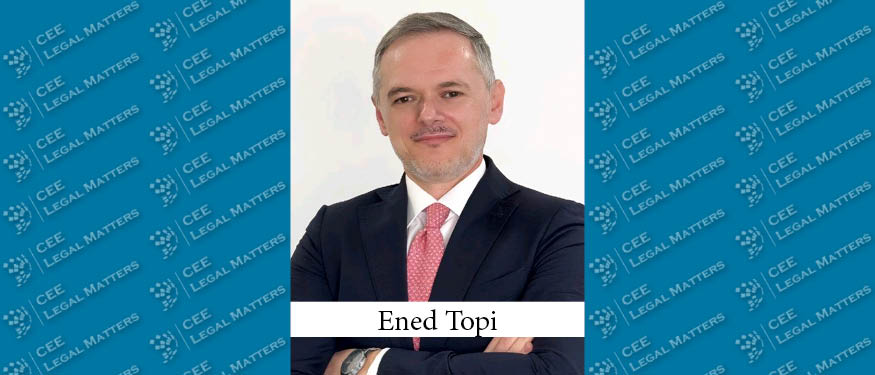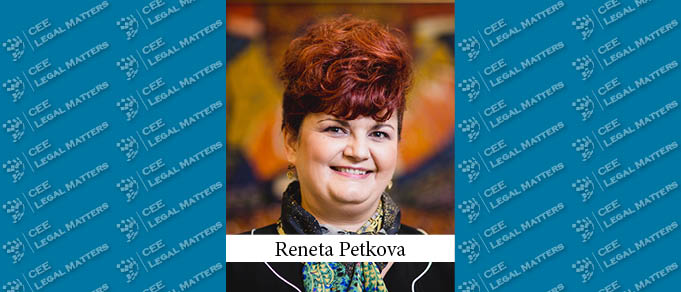The key Polish legal act governing dispute resolution, the Civil Procedure Code of 1964, underwent major reform this year, again. The amended version, with almost 300 changes, including many revolutionary ones, became effective on November 7, 2019.
The declared objective of the amendments is to speed up proceedings by saving work for the courts, although there are serious doubts about whether this can be achieved, due to a number of legislative shortcomings. The role of litigators will become more prominent, because the outcome of the case will depend more than ever on their skills and attention. Still, many changes represent procedural pitfalls, and the new procedure as a whole is a minefield. Presented below are the most interesting changes from a business perspective.
Court fees have been increased significantly, with the maximum fee doubled to PLN 200,000.
Most decisions will be now made by courts in closed sessions. Even a final judgment may be rendered without a hearing if the court finds a statement of claim obviously unfounded. Nor will a hearing be necessary to examine an appeal (unless demanded by a party).
A statement of defense is now obligatory. If not filed, the court may enter a default judgment, taking the facts presented by the claimant to be true.
A preparatory court session will be held before the first hearing to see if a settlement is possible, and if it is not, to prepare a trial plan. This plan must above all identify those facts in dispute and set a timeline for evidence taking. If the claimant does not appear in person at the preparatory session and is not excused, the proceeding will be discontinued.
Most appeals of court procedural decisions will be examined by a different panel of judges at the same court. Only appeals of the most important procedural issues – such as a rejection of statement of claim for formal reasons – will be examined by a higher court.
Unlike before, appeals are now only possible for those parties who request a written statement of reasoning within a set time.
The defense of set-off has been significantly limited. The receivables being set off must now result from the same legal relationship (e.g., from the same contract) and they must be indisputable or proven by means of a document that does not originate solely from the defendant. It is now possible for witnesses to give their testimony in writing.
Most importantly for business, a separate procedure for commercial cases that was abandoned in 2012 has now been reinstituted. Disputes between businesses are now subject to additional requirements. The first is “preclusion,” which means that the claimant in the statement of claim (and the defendant in the statement of defense) must include all assertions and supporting evidence. Subsequently, the court will only consider additional evidence or assertions that were either impossible or unnecessary to have been presented earlier (thus, only in extraordinary situations).
Once a case has started, claims cannot be changed (e.g., an increase in the sum pursued), the parties cannot be reconfigured (e.g., by impleading a third-party defendant), and counterclaims cannot be brought (instead, the defendant must bring a separate suit). Therefore, the statement of claim and the statement of defense must be prepared very carefully.
In commercial cases, witness testimony is now only allowed as an exception, after all the other evidence (documents, mostly) has been taken and the court concludes that hearing from witnesses remains necessary. All actions of the parties that have legal effect (e.g., conclusion of contract) can be proven only by means of documents (understood broadly, e.g., email), unless this is impossible for reasons beyond a party’s control.
Agreements on evidence are also allowed. Entrepreneurs can now agree that some types of evidence, such as witnesses and expert witnesses, are excluded.
These changes go beyond the legal process alone and they should be taken into account in the course of doing business. In particular, since witness evidence is now merely subsidiary, businesses need to document their business relationships. Oral agreements should be avoided. All transactions should be confirmed at least by an e-mail. Clauses on evidence will most certainly become an important point when negotiating a contract.
By Marcin Boruc, Partner, and Adam Zwierzynski, Counsel, Radzikowski, Szubielska & Partners
This Article was originally published in Issue 6.12 of the CEE Legal Matters Magazine. If you would like to receive a hard copy of the magazine, you can subscribe here.


























